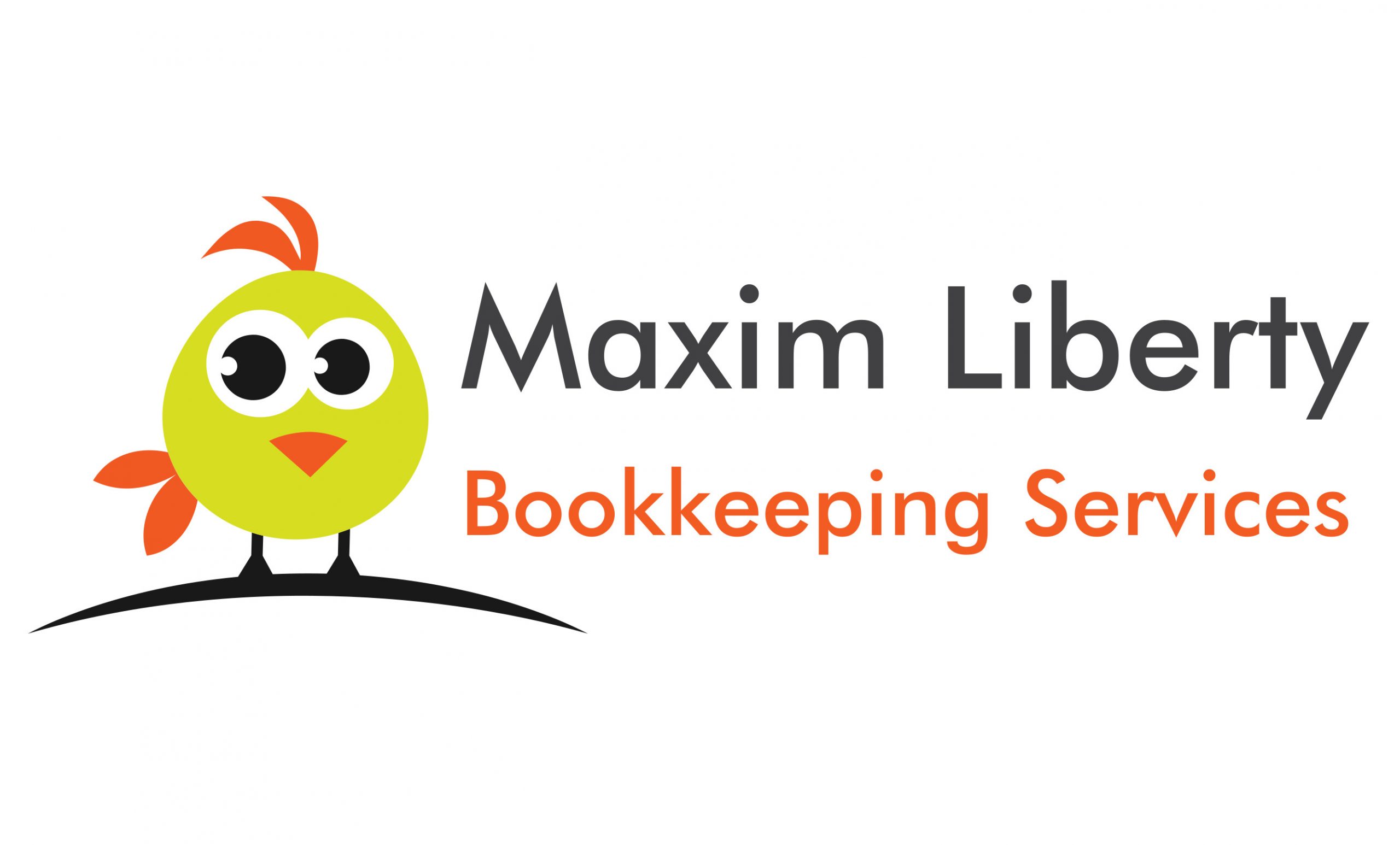As a law firm, managing your finances is just as important as representing your clients. Accounting plays a crucial role in the success of any business, and law firms are no exception. Proper accounting practices can help you keep track of your expenses, revenue, and profits, ultimately allowing you to make informed business decisions.
However, accounting can seem like a daunting task, especially for those without a background in finance. In this guide, we will break down the basics of accounting for law firms, so you can stay on top of your finances and focus on providing the best legal services to your clients.
Why Is Bookkeeping Important For Law Firms?
Proper bookkeeping is crucial for any law firm, regardless of size or specialty. It plays a vital role in managing finances, complying with regulations, and developing successful strategies. Without proper bookkeeping, a law firm’s financial health can be at risk, potentially leading to serious consequences.
Law firms must maintain accurate financial records, including income, expenses, and taxes. They must also manage accounts payable and accounts receivable, reconcile bank accounts, and prepare financial statements. If these tasks are not done correctly, or on time, a law firm’s financial stability can be compromised.
High-quality bookkeeping services can prevent these issues from happening. They can ensure that law firms have accurate financial information to make informed decisions and stay compliant with regulations. Good bookkeeping can help identify financial opportunities and risks and avoid potential financial pitfalls.
Breaking Down The Basics
While you don’t need to be an expert in accounting to manage the books of your law firm, having a basic understanding of the fundamentals can help you make more informed decisions. Here are a few key concepts you should familiarize yourself with:
Credits & Debits
Credits and debits are basic accounting terms used to indicate the flow of money in and out of accounts. In accounting, all accounts are divided into two categories: Assets and Liabilities.
- Assets: Assets represent the financial resources of a business. Examples of assets include cash, accounts receivable, investments, and office supplies.
- Liabilities: Liabilities are debts or other financial obligations that must be paid off over time. Examples of liabilities include accounts payable, payroll taxes, and loans.
Transactions are classified as either credits or debits depending on what is happening to the company’s assets and liabilities. For example, if a law firm pays an invoice for services rendered, this transaction would be classified as a debit to the accounts payable account (a liability) and a credit to cash (an asset).
Profit And Loss
A Profit and Loss (P&L) statement is a financial document that summarizes all income and expenses for a period of time. This document helps business owners understand how their law firm is performing financially by comparing total revenue to total expenses.
The P&L statement includes several categories, such as gross profit, operating expenses, taxes, net profit, and more. A successful P&L statement implies that the business is generating a profit and can be used to inform decisions about pricing, marketing, and other strategies.
Balance Sheet
The Balance Sheet is another important financial document used by law firms to understand their overall financial health. This document lists all of the firm’s assets, liabilities, and equity (the difference between assets and liabilities).
The Balance Sheet helps law firms accurately measure their financial position. It is also used to evaluate investments or potential business partnerships. The Balance Sheet can be used in conjunction with the P&L statement to gain a more comprehensive understanding of the firm’s finances. For example, a law firm may have a large amount of revenue on its P&L statement, but if the liabilities are greater than the assets listed on their Balance Sheet, they may not be in a strong financial position.
Time Tracking
Time tracking is the practice of recording how much time is spent on various tasks or projects. At a law firm, time tracking can help identify inefficiencies and ensure accurate billing to clients. Many firms use a system for time tracking that allows employees to easily log their hours throughout the day.
Time tracking also helps inform budgeting decisions since it can help identify areas where the firm is spending too much or too little money. Below are the most popular time tracking software used by law firms.
- Clio: Clio is a cloud-based legal practice management software that allows lawyers to manage their time, clients, cases, and documents all in one place. With its time-tracking feature, lawyers can easily track billable hours and expenses. Clio also integrates with popular accounting and payment platforms, making it easy to manage billing and invoicing.
- TimeSolv: TimeSolv is another cloud-based legal billing and timekeeping software that allows lawyers to track time and expenses from anywhere, using any device. Its time-tracking feature allows lawyers to track billable hours and expenses by client, matter, and task. TimeSolv also has a feature that allows lawyers to send invoices and receive payments online.
- MyCase: MyCase is a cloud-based legal practice management software that provides time-tracking, billing, and invoicing features. Its time-tracking feature allows lawyers to track time by client, matter, and task. MyCase also has a feature that allows lawyers to generate invoices, track payments, and manage trust accounts.
- Bill4Time: Bill4Time is a cloud-based time and billing software designed specifically for law firms. Its time-tracking feature allows lawyers to track billable hours, expenses, and time spent on non-billable tasks. Bill4Time also has a feature that allows lawyers to generate invoices and track payments.
- Caret Legal: Caret Legal is a cloud-based legal practice management software that offers time-tracking, billing, and invoicing features. Its time-tracking feature allows lawyers to track billable hours, expenses, and time spent on non-billable tasks. Caret Legal also has a feature that allows lawyers to generate invoices, track payments, and manage trust accounts.
Trust Accounting
Trust accounting is the most essential part of bookkeeping for law firms. When someone gives you money in trust, it’s not yours, and you need to keep it separate from your own funds.
To ensure you’re storing trust funds correctly and staying compliant with state laws, it’s important to have separate accounts. Not all banks are equipped for this, so it’s essential to choose a bank that specializes in IOLTA accounts, which are interest-bearing accounts with unique regulations.
Leveraging technology can significantly reduce the risks of trust accounting. Instead of keeping track of funds in a notebook, use software to record transactions the day they occur. Performing a monthly 3-way reconciliation of your balance sheet, trust asset account, and trust liability account balances can also mitigate potential issues.
The most challenging aspect of trust accounting is the 3-way reconciliation:
- Ensure your balance sheet, trust asset account, and trust liability account balances match.
- Your trust asset account should balance with your bank statement.
- If you manage funds for multiple clients, have a system to track each client’s money accurately.
Don’t mix trust funds with other funds, borrow funds, or record them as income. Watch out for credit card fees and record interest earned or interest expense accurately for the interest earned on trust funds. Ensuring you’re following these best practices for trust accounting will mitigate risks and protect your clients’ trust.
Accounting Best Practices For Law Firms
Now that we’ve discussed the essentials of bookkeeping for law firms let’s review some best practices to ensure you’re running an efficient and compliant accounting system.
Use a bookkeeping service
One of the most important accounting best practices is to outsource law firm bookkeeping to a professional bookkeeping service. High-quality bookkeeping coupled with industry-leading software offers specific services to law firms, such as trust accounting, which allows for easy management of client funds.
Implement a chart of accounts
Organizing financial transactions into categories will enable you to analyze financial data better, generate reports, and improve decision-making. A chart of accounts sets out how various transactions are classified and provides a structure for recording transactions systematically.
Categories could include expense categories such as rent, software subscriptions, or marketing costs, as well as income categories such as billable hours or fixed-fee projects. Setting up a chart of accounts in your accounting software can save time and streamline your accounting processes.
Proper management of trust accounts
Law firms that handle client money have a responsibility to manage these funds properly. Trust accounting software ensures compliance with regulations around trust accounting and helps prevent any potential compliance issues.
Regular reconciliation
Law firms should reconcile their bank accounts and other financial accounts (such as credit cards or trust accounts) regularly to ensure accurate records and detect any discrepancies or potential fraud. Doing this every month will help you detect, investigate, and correct any issues promptly. Compare bank statements, receipts, and other documents, and reconcile them with your accounting records to avoid errors in financial statements. Also, review bookkeeping tips for avoiding common mistakes in law firms.
Ensure expense tracking protocols
Expense tracking protocols can vary depending on the size, complexity, and needs of your firm but should be set up correctly to capture all expenses accurately. Ensure all team members follow a standardized process to record expenses such as meals, transportation, and travel. Set limits for individual expense categories and monitor them frequently to avoid overspending. Tracking expenses and billable hours can help identify which clients provide consistent profitability and which ones need more attention.
Track billable hours
Billable hours are the primary source of revenue for most law firms. Accurately tracking and managing billable hours is crucial to ensure profitability and prevent revenue leaks in the business. Integrating billing software can make it easier to capture hours and expenses while minimizing errors. Some accounting software includes the ability to track time and invoice clients in one place, simplifying the billing process and improving cash flow.
Optimize revenue collection
Data indicates that law firms bill only about two-thirds of the hours they work on. This means law firms lose substantial revenue if they don’t optimize their revenue collection methods. Consider using electronic billing, retainers, or fixed fees as one way to optimize revenue collection.
Additionally, it is crucial to have clear and consistent communication with clients about payment policies to minimize delays in payment. Well-organized invoices, including all the details clients need to pay bills, reduces disputes while shortening the payment cycle.
Wrapping It Up
Accounting for a law firm may be more complex than other businesses due to regulations and compliance requirements, but implementing the best practices discussed above can help firms manage their finances more efficiently and optimize profitability.
Looking for top-of-the-line bookkeeping services? The team at Maxim Liberty Bookkeeping Services, LLC can help you. We specialize in accounting and bookkeeping services tailored exclusively for law firms and our comprehensive services can meet the unique demand of legal firms.
We understand the complexities involved in law firm bookkeeping services, and this is why we offer customized solutions that go beyond conventional accounting practices. Our team of skilled professionals takes charge of your accounting needs, which can help you concentrate on delivering exceptional legal services to your clients. From making accurate reports to reconciling accounts, we offer a wide range of services for our legal clients in the US.
Try our award-winning services with no risk. We have an unconditional money-back guarantee on your 1st payment. Just 5 minutes of your time over the phone, can get you started with the best Bookkeeping service in the USA while saving you hundreds of dollars.
Join 1000s of Small Businesses and CPAs who outsourced their Bookkeeping to Maxim Liberty!
Try our award winning services with no risk. We have an unconditional money back guarantee on your 1st payment. Just 5 minutes of your time over the phone, can get you started with the best Bookkeeping service in USA while saving you hundreds of dollars.

